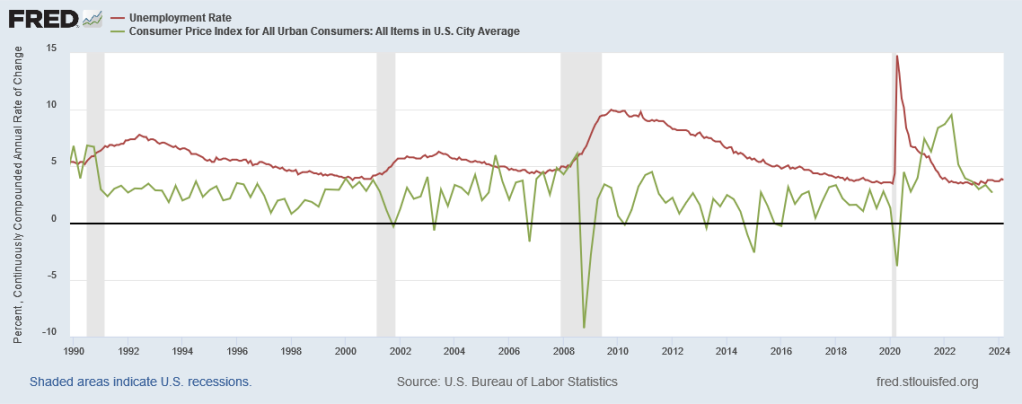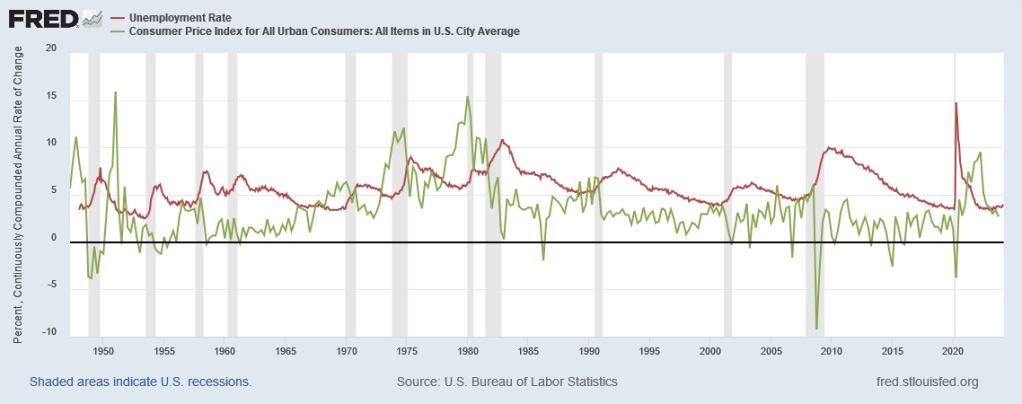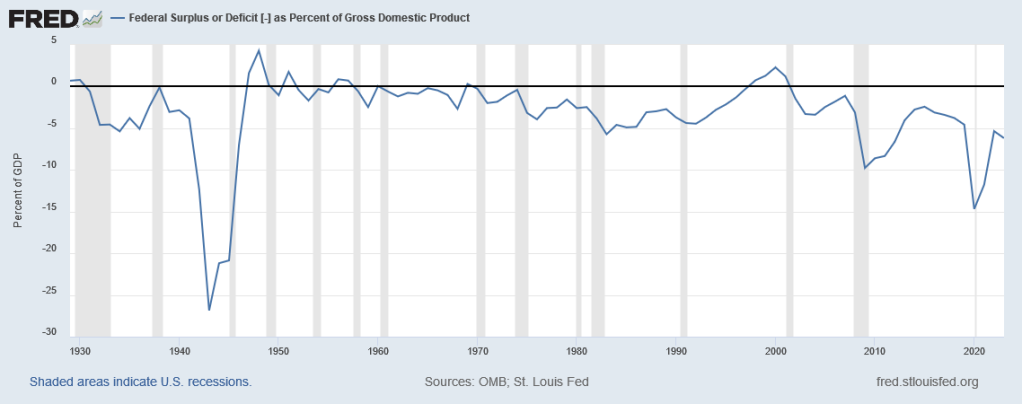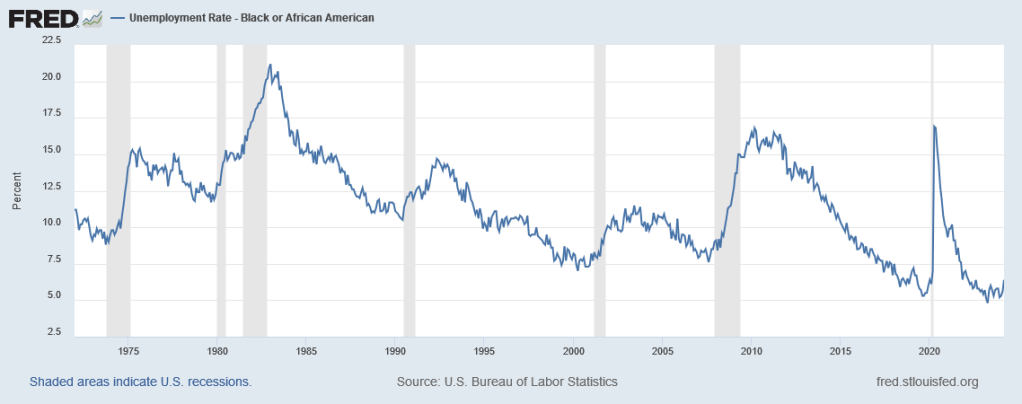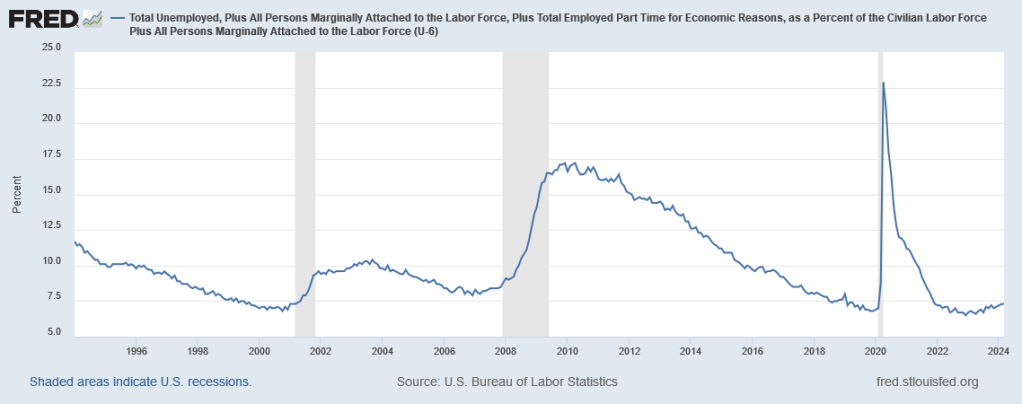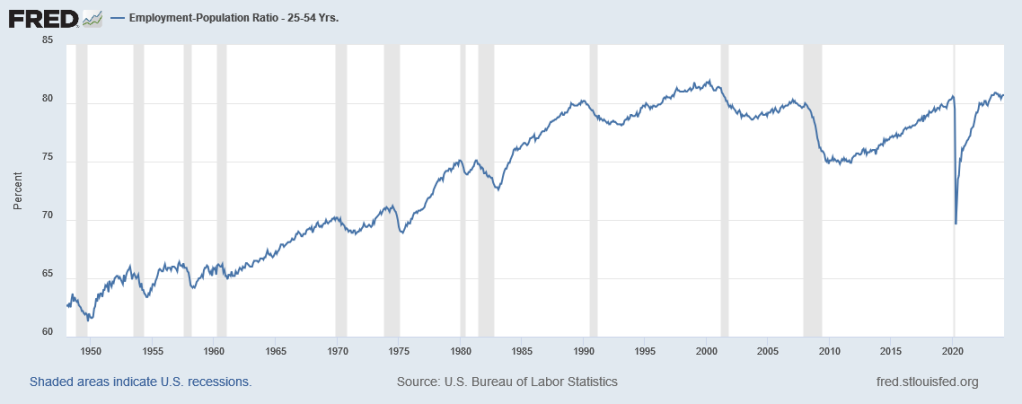May 12 JDN 2460443
I don’t want this to be taken the wrong way. I still strongly believe in the core principles of Effective Altruism. Indeed, it’s shockingly hard to deny them, because basically they come out to this:
Doing more good is better than doing less good.
Then again, most people want to do good. Basically everyone agrees that more good is better than less good. So what’s the big deal about Effective Altruism?
Well, in practice, most people put shockingly little effort into trying to ensure that they are doing the most good they can. A lot of people just try to be nice people, without ever concerning themselves with the bigger picture. Many of these people don’t give to charity at all.
Then, even among people who do give to charity, typically give to charities more or less at random—or worse, in proportion to how much mail those charities send them begging for donations. (Surely you can see how that is a perverse incentive?) They donate to religious organizations, which sometimes do good things, but fundamentally are founded upon ignorance, patriarchy, and lies.
Effective Altruism is a movement intended to fix this, to get people to see the bigger picture and focus their efforts on where they will do the most good. Vet charities not just for their honesty, but also their efficiency and cost-effectiveness:
Just how many mQALY can you buy with that $1?
That part I still believe in. There is a lot of value in assessing which charities are the most effective, and trying to get more people to donate to those high-impact charities.
But there is another side to Effective Altruism, which I now realize has severely damaged my mental health.
That is the sense of obligation to give as much as you possibly can.
Peter Singer is the most extreme example of this. He seems to have mellowed—a little—in more recent years, but in some of his most famous books he uses the following thought experiment:
To challenge my students to think about the ethics of what we owe to people in need, I ask them to imagine that their route to the university takes them past a shallow pond. One morning, I say to them, you notice a child has fallen in and appears to be drowning. To wade in and pull the child out would be easy but it will mean that you get your clothes wet and muddy, and by the time you go home and change you will have missed your first class.
I then ask the students: do you have any obligation to rescue the child? Unanimously, the students say they do. The importance of saving a child so far outweighs the cost of getting one’s clothes muddy and missing a class, that they refuse to consider it any kind of excuse for not saving the child. Does it make a difference, I ask, that there are other people walking past the pond who would equally be able to rescue the child but are not doing so? No, the students reply, the fact that others are not doing what they ought to do is no reason why I should not do what I ought to do.
Basically everyone agrees with this particular decision: Even if you are wearing a very expensive suit that will be ruined, even if you’ll miss something really important like a job interview or even a wedding—most people agree that if you ever come across a drowning child, you should save them.
(Oddly enough, when contemplating this scenario, nobody ever seems to consider the advice that most lifeguards give, which is to throw a life preserver and then go find someone qualified to save the child—because saving someone who is drowning is a lot harder and a lot riskier than most people realize. (“Reach or throw, don’t go.”) But that’s a bit beside the point.)
But Singer argues that we are basically in this position all the time. For somewhere between $500 and $3000, you—yes, you—could donate to a high-impact charity, and thereby save a child’s life.
Does it matter that many other people are better positioned to donate than you are? Does it matter that the child is thousands of miles away and you’ll never see them? Does it matter that there are actually millions of children, and you could never save them all by yourself? Does it matter that you’ll only save a child in expectation, rather than saving some specific child with certainty?
Singer says that none of this matters. For a long time, I believed him.
Now, I don’t.
For, if you actually walked by a drowning child that you could save, only at the cost of missing a wedding and ruining your tuxedo, you clearly should do that. (If it would risk your life, maybe not—and as I alluded to earlier, that’s more likely than you might imagine.) If you wouldn’t, there’s something wrong with you. You’re a bad person.
But most people don’t donate everything they could to high-impact charities. Even Peter Singer himself doesn’t. So if donating is the same as saving the drowning child, it follows that we are all bad people.
(Note: In general, if an ethical theory results in the conclusion that the whole of humanity is evil, there is probably something wrong with that ethical theory.)
Singer has tried to get out of this by saying we shouldn’t “sacrifice things of comparable importance”, and then somehow cash out what “comparable importance” means in such a way that it doesn’t require you to live on the street and eat scraps from trash cans. (Even though the people you’d be donating to largely do live that way.)
I’m not sure that really works, but okay, let’s say it does. Even so, it’s pretty clear that anything you spend money on purely for enjoyment would have to go. You would never eat out at restaurants, unless you could show that the time saved allowed you to get more work done and therefore donate more. You would never go to movies or buy video games, unless you could show that it was absolutely necessary for your own mental functioning. Your life would be work, work, work, then donate, donate, donate, and then do the absolute bare minimum to recover from working and donating so you can work and donate some more.
You would enslave yourself.
And all the while, you’d believe that you were never doing enough, you were never good enough, you are always a terrible person because you try to cling to any personal joy in your own life rather than giving, giving, giving all you have.
I now realize that Effective Altruism, as a movement, had been basically telling me to do that. And I’d been listening.
I now realize that Effective Altruism has given me this voice in my head, which I hear whenever I want to apply for a job or submit work for publication:
If you try, you will probably fail. And if you fail, a child will die.
The “if you try, you will probably fail” is just an objective fact. It’s inescapable. Any given job application or writing submission will probably fail.
Yes, maybe there’s some sort of bundling we could do to reframe that, as I discussed in an earlier post. But basically, this is correct, and I need to accept it.
Now, what about the second part? “If you fail, a child will die.” To most of you, that probably sounds crazy. And it is crazy. It’s way more pressure than any ordinary person should have in their daily life. This kind of pressure should be reserved for neurosurgeons and bomb squads.
But this is essentially what Effective Altruism taught me to believe. It taught me that every few thousand dollars I don’t donate is a child I am allowing to die. And since I can’t donate what I don’t have, it follows that every few thousand dollars I fail to get is another dead child.
And since Effective Altruism is so laser-focused on results above all else, it taught me that it really doesn’t matter whether I apply for the job and don’t get it, or never apply at all; the outcome is the same, and that outcome is that children suffer and die because I had no money to save them.
I think part of the problem here is that Effective Altruism is utilitarian through and through, and utilitarianism has very little place for good enough. There is better and there is worse; but there is no threshold at which you can say that your moral obligations are discharged and you are free to live your life as you wish. There is always more good that you could do, and therefore always more that you should do.
Do we really want to live in a world where to be a good person is to owe your whole life to others?
I do not believe in absolute selfishness. I believe that we owe something to other people. But I no longer believe that we owe everything. Sacrificing my own well-being at the altar of altruism has been incredibly destructive to my mental health, and I don’t think I’m the only one.
By all means, give to high-impact charities. But give a moderate amount—at most, tithe—and then go live your life. You don’t owe the world more than that.
